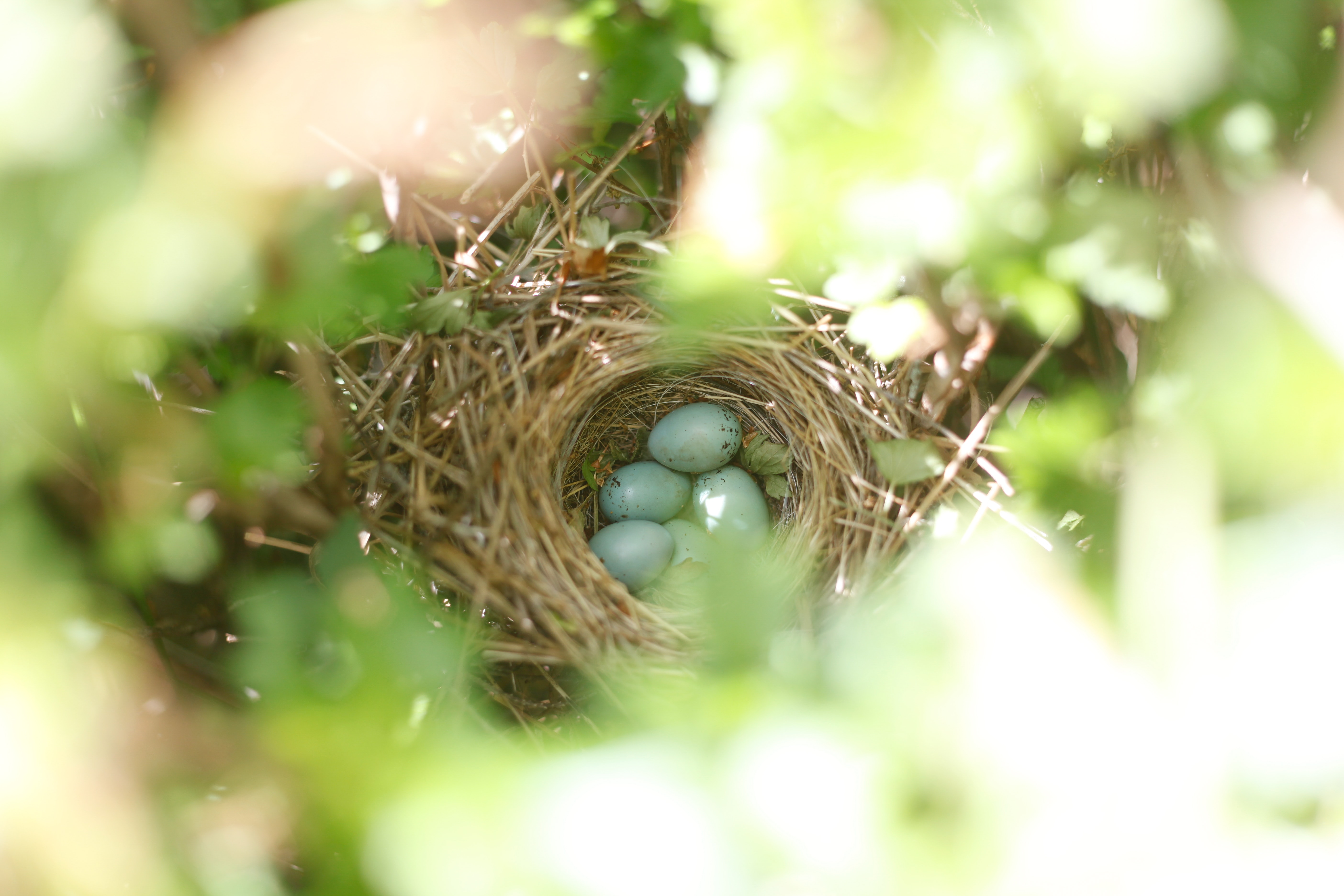Media Release
From: Springer NatureBird embryos perceive vibratory cues of predation risk from clutch mates
Embryos within bird eggs can perceive warning calls from adults and transmit this information to other eggs in the nest through vibrations, suggests a study published online this week in Nature Ecology & Evolution. This information could help developing embryos adjust to their external environment once they hatch.
In many species, embryos receive information from their parents via hormones or vocal calls that help program their development to cope with the post - natal environment. For species that develop as eggs within nests, egg vibrations can communicate the rate of development, so siblings can hatch at the same time. However, whe ther information about the external environment can be perceived by eggs and then transmitted within a nest is unknown.
Jose Noguera and Alberto Velando exposed different clutches of three yellow - legged gull eggs to either recordings of adult predator alar m calls or silence. In the clutches that were played the adult predator recordings, only two out of the three eggs in a nest were exposed to the sound to establish whether alarm calls affect embryo development, and whether this information could be transmi tted to the third egg. The authors found that eggs exposed to alarm calls vibrated more, vocalized less, and delayed hatching compared with control eggs exposed to silence. Once hatched, the chicks exposed to alarm calls as eggs had higher levels of stress - related hormones and r esponded more quickly to the predator alarm calls by crouching down. The authors found that the chick from the third egg whose clutch mates were exposed to alarm calls also had higher stress - related hormones and mirrored the behaviour of their nest mates, which suggests that the vibrations from their siblings were the source of this information.


